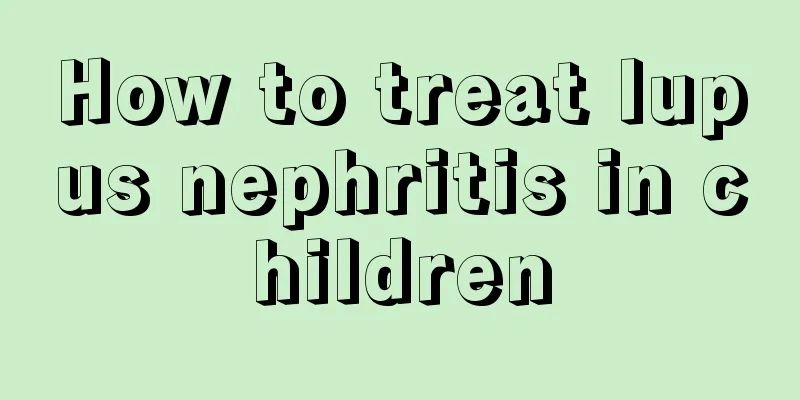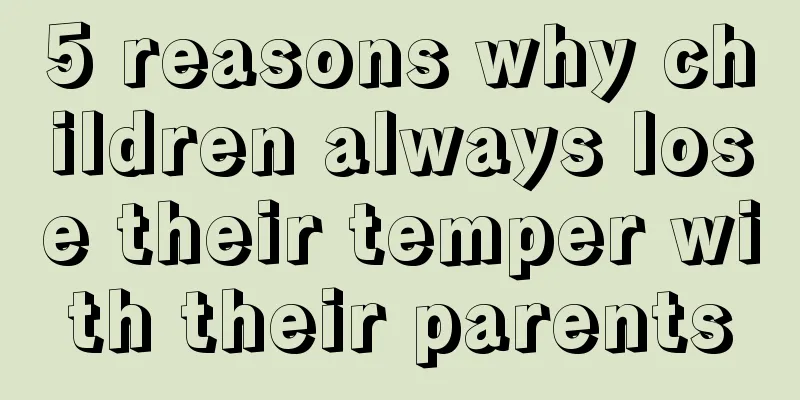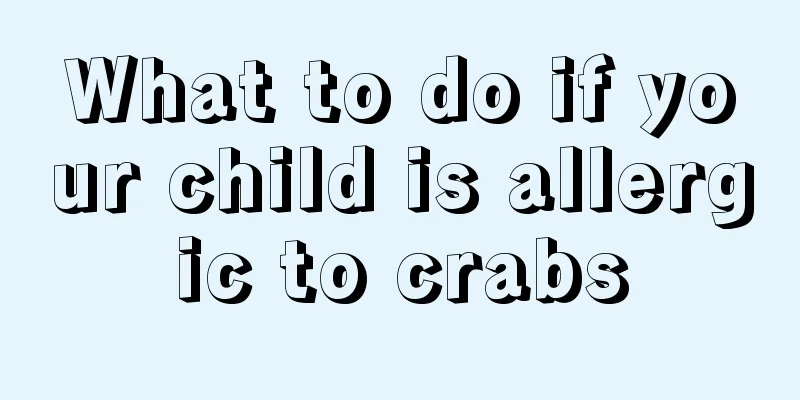How to treat lupus nephritis in children

|
In fact, when children are in their daily lives, parents should pay special attention to their hygiene when taking care of them. If they are not careful, bacteria may invade the body and cause diseases. Once discovered, the disease cannot be delayed. Let's learn about the treatment of lupus nephritis in children. Treatment: Special emphasis is placed on individualized treatment. In particular, attention should be paid to timely intervention and treatment of complications of the heart, kidney, and nervous system. The pros and cons, gains and losses of drug treatment should be fully considered to determine short-term and long-term treatment plans, and the risks and benefits of treatment should be carefully evaluated so that the guardians of the sick children are fully informed. 1. General treatment: During the acute phase, active phase and severe cases, emphasis is placed on rest, enhanced nutrition and avoidance of sun exposure. During the inactive phase, activities and schooling can be gradually resumed. Try not to go to public places while taking immunosuppressants to reduce the chance of infection. If infection occurs, actively treat it and avoid using common drugs that induce lupus and kidney damage (sulfonamides, hydralazine, procainamide, para-aminosalicylic acid, penicillin, aminoglycosides). If there is no secondary infection in local skin lesions, apply prednisone ointment. 2. Immunosuppressants (1) Glucocorticoids: They are the basic drugs for the treatment of SLE. They mainly act on G0 phase lymphocytes and have a strong anti-inflammatory effect. The commonly used dosage is prednisone 1-2 mg/(kg·d), with a total amount of less than 60 mg/d, 3 times/d, orally. After the condition improves and laboratory tests are basically normal, change to taking it every other day. After the condition stabilizes, it can be reduced to a small dose (0.5-1 mg/kg, every other day) for long-term use to maintain the therapeutic effect. Clinically, it has been found that most children with lupus nephritis are ineffective when treated with prednisone alone, especially type IV lupus nephritis and rapidly progressive lupus nephritis, which are less sensitive to treatment with adrenocortical hormones. Methylprednisolone pulse therapy, 15-30 mg/kg each time, total amount <1g/time, once a day, 3 times a course of treatment, can be repeated after 1-2 weeks, a total of 2-3 courses of treatment, maintenance treatment with medium or small doses of prednisone can quickly relieve some children with lupus nephritis and improve renal function faster. Long-term use of glucocorticoids can easily lead to a variety of toxic side effects, including infection with opportunistic pathogens, osteoporosis, hypertension, water and electrolyte imbalance, mental illness, gastrointestinal bleeding, etc. (2) Cytotoxic drugs: Many observations have shown that the efficacy of corticosteroids combined with cytotoxic drugs in the treatment of lupus nephritis is far better than that of corticosteroids alone or cytotoxic drugs alone. Combination therapy can also greatly reduce the dosage of corticosteroids and improve efficacy. Commonly used cytotoxic drugs include cyclophosphamide (CTX), azathioprine, and nitrogen mustard. Among them, cyclophosphamide (CTX) is the most widely used and has the best efficacy. Cyclophosphamide (CTX) mainly acts on the S phase and has effects on the entire cell cycle. It can effectively inhibit the production of antibodies, and its anti-cytotoxic and anti-inflammatory mediator effects are also obvious. Its immunosuppressive effect is strong and lasting. Corticosteroids combined with cyclophosphamide (CTX) [2-2.5 mg/(kg·d)] have a significant effect on preserving renal function. Recent data show that high-dose shock administration of cyclophosphamide (CTX) has fewer adverse reactions and better kidney protection than oral cyclophosphamide (CTX). The cyclophosphamide (CTX) pulse regimen is not yet mature. The most aggressive regimen is 8-12 mg/kg per time, once a day, for 2 consecutive days as a course of treatment, with a total amount of less than 1g/course, with at least 2 weeks between courses of treatment. After 6 courses of treatment, the treatment is changed to 3-month courses for 2 years. There is also a monthly course of treatment. The above article gives you a detailed introduction to the treatment methods of lupus nephritis in children. I believe everyone has a relatively preliminary understanding. Therefore, in daily life, if your child encounters such a disease, you should go to the hospital for treatment and examination in time. |
<<: What are the baby's developmental indicators at two months?
>>: What to do if your child has a dry nose
Recommend
Acupuncture for sinusitis in children
Diseases are very common in people's daily li...
What should I do if my seven-year-old child has a hunchback?
Parents naturally have an unshirkable responsibil...
Why does the baby have bubbles in his mouth?
Some parents will suddenly find blisters growing ...
At what age can babies be tested for allergies?
If a person is not aware of his or her allergens,...
Children have a fever and fart a lot and smell bad
Many children will feel that they fart a lot and ...
How to relieve retching in newborns
Every time a newborn baby retches and asks for le...
What should I do if my child has a fever or bacterial infection?
Since infants and young children have just been b...
Treatment of allergic asthma in children
Asthma is a relatively stubborn disease, and pati...
Psychological education for children between 0 and 7 years old
Children's education is a very important cour...
The top 6 behaviors that children dislike their parents
It is a sad thing that due to the lack or inappro...
Is nebulization useful for hand, foot and mouth disease?
Babies with hand, foot and mouth disease may show...
There is a bump on the baby's head
There are many types of situations when a baby ha...
What should I do if my child has eczema?
Many people are familiar with the disease of ecze...
Treatment of sinus rhythm in children
Many people only think that some adults will suff...
How to solve the problem of redness and swelling of little girl’s vulva?
If a little girl has redness and swelling of the ...









